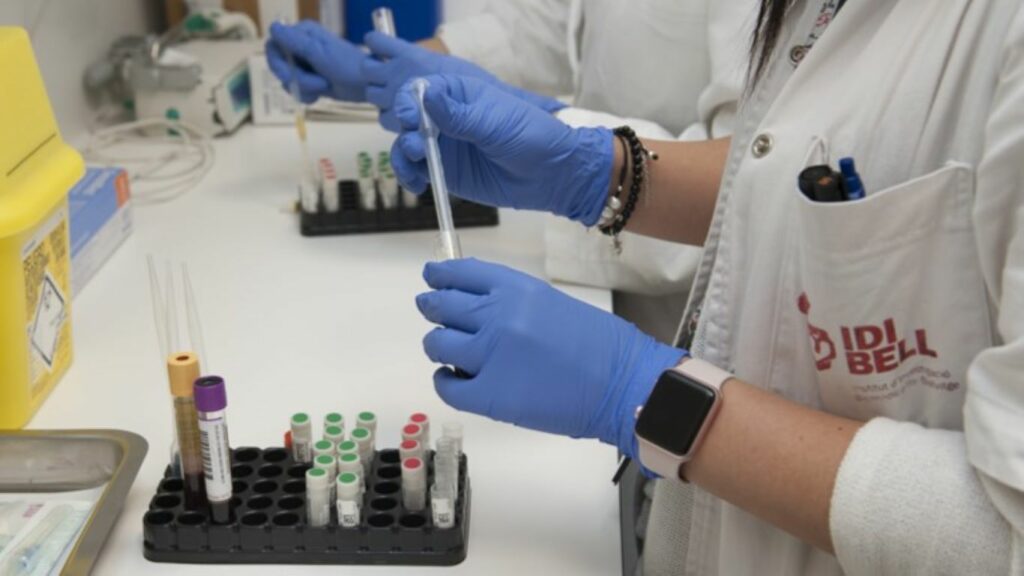Pneumonia is an infectious disease caused by certain bacteria or respiratory viruses, mainly pneumococcus and influenza virus. Inflammation and the appearance of pus and fluid in the pulmonary alveoli makes breathing difficult and, if not treated correctly, can be fatal. The incidence of community-acquired pneumonia – those patients infected outside the hospital – is very high, from 2 to 10 cases per 1,000 inhabitants per year in Europe. Almost half of these patients will need to be admitted to hospital and 5% to the ICU, making this infection one of the main drivers for antibiotic use in hospital environments and, as a result, significantly enhancing antibiotic resistance.
Infections by resistant bacteria and associated mortality are increasing year after year, placing antibiotic resistance as one of the main current health challenges. Therefore, it is essential to use these drugs only in the event of a bacterial infection and to choose the most appropriate one after identifying the causative pathogen. Currently, microbiological tests such as Gram staining, sputum culture, blood cultures or urine antigen detection are used to identify the etiological agent of pneumonia, but in more than half of the cases the results are negative. With the development of multiple PCRs on automated platforms, it is interesting to evaluate whether their implementation in clinical practice can be useful to rationalize the use of antibiotics in pneumonia and improve patient outcomes.
Now, a team from IDIBELL, Bellvitge University Hospital and CIBERINFEC, led by Dr. Jordi Carratalà, has carried out a randomized trial to evaluate whether this diagnostic tool can reduce the days of antibiotic treatment. Community-adquired pneumonia patients from the Bellvitge University Hospital were randomly assigned to undergo multiple PCR on non-invasive respiratory samples, in addition to routine microbiological testing, or only routine testing. According to the results, published in Nature Communications, the use of PCR did not lead to a significant decrease in treatment days, although it did increase etiological diagnoses and reduced the time needed to achieve them. In addition, it decreased the time to conversion from intravenous to oral treatment. No differences were observed in adverse effects or mortality at 30 days.
According to Dr. Carratalà, the study coordinator, “the findings do not support the routine multiple PCR implementation in the management of all community-acquired pneumonia hospitalized patients,” and concludes that “it is necessary to conduct new randomized studies that incorporate educational strategies on the interpretation of PCR results and their use to rationalize antibiotic prescription.”
The Bellvitge Biomedical Research Institute (IDIBELL) is a biomedical research center created in 2004. It is participated by the Bellvitge University Hospital and the Viladecans Hospital of the Catalan Institute of Health, the Catalan Institute of Oncology, the University of Barcelona and the City Council of L’Hospitalet de Llobregat.
IDIBELL is a member of the Campus of International Excellence of the University of Barcelona HUBc and is part of the CERCA institution of the Generalitat de Catalunya. In 2009 it became one of the first five Spanish research centers accredited as a health research institute by the Carlos III Health Institute. In addition, it is part of the “HR Excellence in Research” program of the European Union and is a member of EATRIS and REGIC. Since 2018, IDIBELL has been an Accredited Center of the AECC Scientific Foundation (FCAECC).

